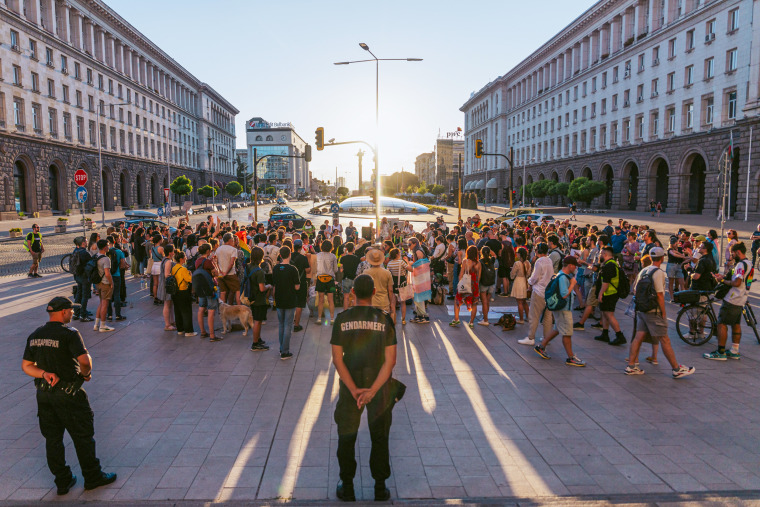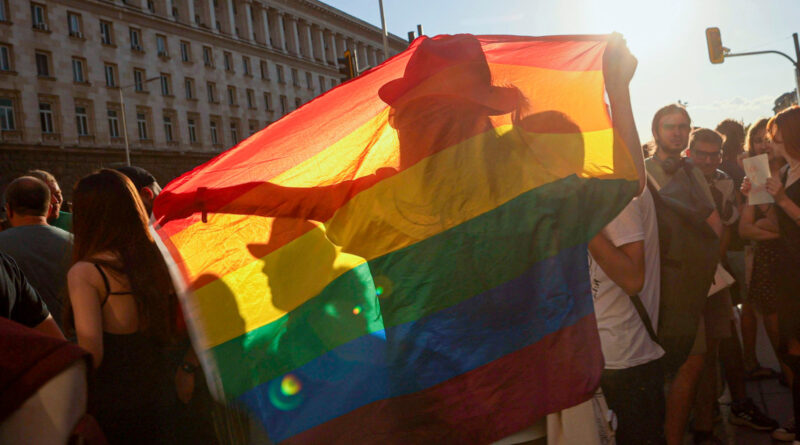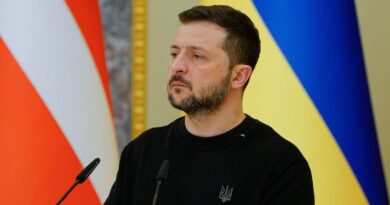Protesters denounce Bulgaria’s ban on LGBTQ ‘propaganda’ in schools
Protesters rallied outside Bulgaria’s parliament on Thursday to denounce a controversial legal amendment adopted the day before that bans talk of LGBTQ and so-called nontraditional sexual choices in schools.
The protest was organized by feminist, LGBTQ and other rights groups calling for a reversal of that amendment, banning what supporters call “LGBTQ+ propaganda in schools.”
Waving the rainbow flag, the protesters chanted slogans including “Bulgaria is no Russia” and “Silence means death” as police officers guarded the rally. No violence was reported.
Bulgaria’s parliament on Wednesday approved the amendment to the country’s education legislation, introduced by the pro-Russian Vazrazhdane party and surprisingly, backed by some pro-European Union parties. The lawmakers in the 240-seat parliament voted 159 in favor of the change.
The amendment bans the “promotion, popularization and support of ideas and opinions related to non-traditional sexual orientation or sexual identification other than biological” in schools.

In a separate vote Wednesday, lawmakers also approved a law defining “non-traditional sexual orientation” as one that is “different from the generally accepted and established notions in Bulgarian legal tradition of emotional, romantic, sexual or sensual attraction between persons of the opposite sex.”
European Union member Bulgaria has been criticized for violating the rights of the LGBTQ community and has been urged to guarantee its recognition and protection. Bulgaria has also declined to ratify the Istanbul Convention on preventing violence against women, because of widespread belief it means to promote LGBTQ rights.
European rights groups, like the Belgium-based Forbidden Colors, condemned the legislation as an assault on the fundamental rights of LGBTQ individuals, particularly children.
“It is deeply troubling to see Bulgaria adopting tactics from Russia’s anti-human rights playbook. Such actions are not only regressive but are also in direct contradiction to the values of equality and non-discrimination that the European Union stands for,” Forbidden Colors said in a statement on its website.
Similar anti-LGBTQ legislation has been passed in other countries in the region, including Hungary, Bosnia, Moldova and Turkey.





